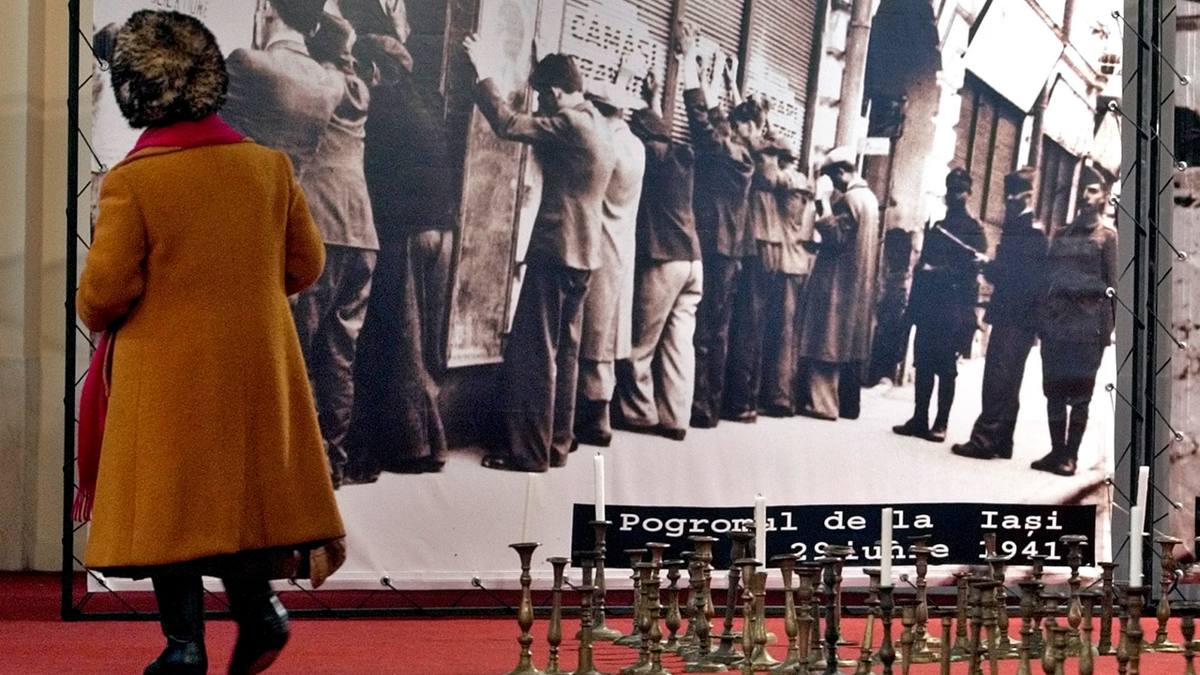
BERLIN – About 1,000 living survivors of Nazi persecution in Romania are now eligible for compensation from the German government, an organization that negotiates with Germany on behalf of Jews who suffered under the Nazis, said Wednesday
The New York-based Conference on Jewish Material Claims Against Germany Conference said Jews who survived the 1941 pogrom in the Romanian city of Iasi and the subsequent "death trains" where many died of suffocation and dehydration can now start receiving monthly payments.
Under the agreement reached with Berlin earlier this month, survivors will receive payments of 336 euros (US$384) per month. Some 15,000 Iasi Jews are thought to have died during the pogrom and on the trains.
"These survivors endured unimaginable suffering," Claims Conference negotiator Stuart Eizenstat said in a statement. "For those still with us, we have obtained a small measure of justice."
Iasi survivor Frances Flescher said more than the money, the agreement represents acknowledgment of the suffering that she and others went through.
"Jews from Romania, we went through hell and they didn't recognize it," Flescher, 82, who lives in New York City, said in a statement provided by the Claims Conference. "I don't know every place, but I know in Iasi what we went through."
Compensation has evolved continuously since Germany agreed in 1952 to make payments to Nazi war crime survivors. The Claims Conference and the German government hold annual negotiations on who should be eligible for funds and how much will be paid.
The Finance Ministry did not immediately respond to requests for comment on the new agreement, but typically all announcements are made by the Claims Conference.
In total, Germany has paid more than 70 billion euros ($80 billion) in compensation for Nazi crimes, primarily to Jewish survivors.
In recent years, Germany has started paying for home health care help for aging Holocaust survivors.
As part of the agreement announced Wednesday, Germany agreed to pay 405 million euros ($462 million) in 2018, which will be allocated to social welfare agencies providing care to the survivors, the Claims Conference said.
The new agreement also reduces the time a survivor needed to have been in hiding from six months to four months to make them eligible for pension payments, a change which should affect about 1,000 people.
The Claims Conference said it has allocated $392 million this year to more than 300 organizations to support Holocaust survivors in 45 countries with home care, food programs, medical and dental care, emergency cash assistance and transportation.








































